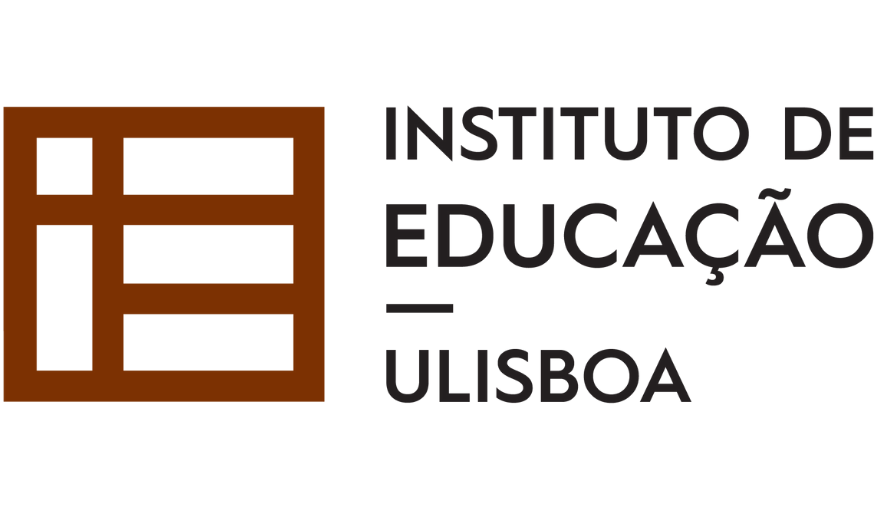maio, 2025
Detalhe
Understanding the Epistemic
Mais
Detalhe
Understanding the Epistemic Spaces of Education. Doing Archaeologies in a Governmentality Perspective
The aim of the lecture is to present Foucauldian archaeology as a problematising method of inquiry to study education discursively within the wider framework of governmentality studies. This means, it is argued, to focus on the epistemic spaces of education in a general frame that looks at the interplay between the forms and limits of knowledge about education, the functioning of educational technologies and the ethical making of educational subjects.
The lecture is organized in three parts. First, archaeology as a method is framed within a more comprehensive analytics of government. Second, the archaeological method and its limits are presented using examples from different fields of analysis, including educational evaluation and digital educational platform studies. After a detailed discussion of the method, this part of the lecture will involve participants in a short practical activity whose aim is to offer a sketch of how archaeology works. To conclude, the lecture discusses archaeology as a tool for an affirmative critique of our educational present, that is as an analytics that allows us to enter in relation to education as a key part of our own historicity, to understand our fabrication within power/knowledge, and to enlarge the possibilities of going beyond the limits that the current historical forms of education, as knowledge and practice, impose on us as educational subjects.
Emiliano Grimaldi • University of Naples Federico II
Professor of Sociology of Education in the Department of Social Sciences, University of Naples Federico II, Italy. He is Director of the Study Programme in Digital Cultures and Communication. His work is in education policy sociology and his research focuses on the transformations of educational governance and governmentality, NPM reforms in education, and the interplay between digitalisation, privatisation, and education. Adopting a governmentality and archaeological perspective, he is currently working on digitalization and platformization in education, the rise of EdTech markets, the shifting spatialities and temporalities in digital education and the making of the digital learner.

Hora
(Sexta-feira) 18:00
Localização
IE-ULisboa
